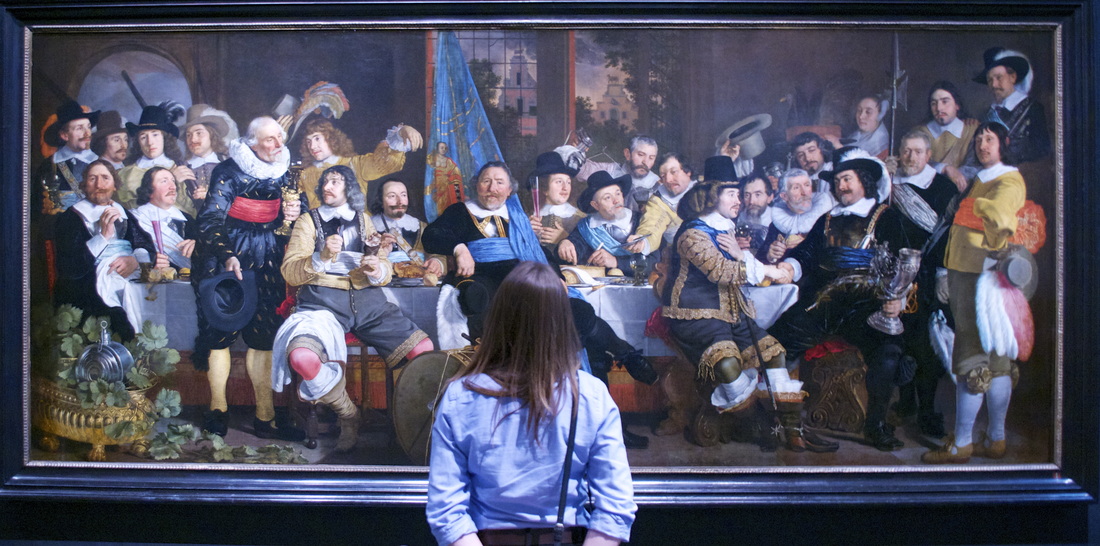EDITORIAL | idea mater
EN |
i·dea: from Latin idea (“a (Platonic) idea; archetype”), from Ancient Greek ἰδέα (idea, “notion, pattern”), from εἴδω (eidō, “I see”).
ma·ter - noun, British Informal, mother . From Gk. μητήρ, mother, source or origin.
From en.wiktionary.org/wiki/
idea mater - "to see the origin" or "the origin of idea"
idea and mater are fundamental words in Western culture, becoming unchanged and embedded in many languages, either Greek-Latin, Germanic or Slavic. These words also originated many expansions and conceptual adaptations: matter, mãe, matrioska, materialisation, mátière, idealisation, ideal, etc.
Therefore, under the ambitious aegis of these vocables, our aim is to explore subjects and topics that dive in our cultural roots, building an inspired and inspiring collection of ideas, resources and information, thus stimulating creativity and the love for knowledge.
History, science and culture; etymology, symbolism or technology among many other fields will find here a place for reflection and idea exchange, in an effort to better understand our origin and condition.
Simultaneously, we will share some of the lessons and concerns that build our everyday life. With the additional challenge of developing a bilingual site, in English and Portuguese, we hope to value a multi-cultural, cosmopolitan approach, thus contributing to a richer, modern and humanist communication experience.
Concept and Edition
Rafael Fraga
Edmundo Rodrigues
EN |
i·dea: from Latin idea (“a (Platonic) idea; archetype”), from Ancient Greek ἰδέα (idea, “notion, pattern”), from εἴδω (eidō, “I see”).
ma·ter - noun, British Informal, mother . From Gk. μητήρ, mother, source or origin.
From en.wiktionary.org/wiki/
idea mater - "to see the origin" or "the origin of idea"
idea and mater are fundamental words in Western culture, becoming unchanged and embedded in many languages, either Greek-Latin, Germanic or Slavic. These words also originated many expansions and conceptual adaptations: matter, mãe, matrioska, materialisation, mátière, idealisation, ideal, etc.
Therefore, under the ambitious aegis of these vocables, our aim is to explore subjects and topics that dive in our cultural roots, building an inspired and inspiring collection of ideas, resources and information, thus stimulating creativity and the love for knowledge.
History, science and culture; etymology, symbolism or technology among many other fields will find here a place for reflection and idea exchange, in an effort to better understand our origin and condition.
Simultaneously, we will share some of the lessons and concerns that build our everyday life. With the additional challenge of developing a bilingual site, in English and Portuguese, we hope to value a multi-cultural, cosmopolitan approach, thus contributing to a richer, modern and humanist communication experience.
Concept and Edition
Rafael Fraga
Edmundo Rodrigues
PT |
i·dea: do Latim idea (“uma ideia (Platónica)”), do Grego antigo ἰδέα (ideia, “noção, padrão”), de εἴδω (eidō, “vejo”).
ma·ter - do Grego μητήρ, mãe, fonte, origem.
De: wiktionary.org/wiki/
idea mater - "ver a origem" ou "a origem da ideia"
idea e mater são palavras tão importantes na cultura Ocidental que permaneceram praticamente inalteradas em várias línguas (como as Grego-latinas, Germânicas ou Eslavas) e deram origem a inúmeras expansões e adaptações conceptuais: matter, mãe, matrioska, materialização, matéria, idealização, ideal, etc.
Assim, sob a égide ambiciosa destes vocábulos, o nosso objectivo é explorar assuntos e tópicos que mergulhem nas nossas raízes culturais e nos permitam construir uma colecção inspirada e inspiradora de ideias, recursos e informações, estimulando a criatividade e vontade de saber. História, ciência, cultura; etimologia, simbolismo ou tecnologia, encontrarão aqui espaço de reflexão e troca de ideias, num esforço para melhor compreender a nossa origem e condição.
Paralelamente, iremos partilhar algumas das experiências e inquietações que diariamente se nos deparam. Com o desafio adicional de manter este espaço bilingue, em Português e Inglês, esperamos valorizar uma abordagem multi-cultural e cosmopolita, contribuindo para uma comunicação mais rica, moderna e humanista.
Conceito e Edição
Rafael Fraga
Edmundo Rodrigues
i·dea: do Latim idea (“uma ideia (Platónica)”), do Grego antigo ἰδέα (ideia, “noção, padrão”), de εἴδω (eidō, “vejo”).
ma·ter - do Grego μητήρ, mãe, fonte, origem.
De: wiktionary.org/wiki/
idea mater - "ver a origem" ou "a origem da ideia"
idea e mater são palavras tão importantes na cultura Ocidental que permaneceram praticamente inalteradas em várias línguas (como as Grego-latinas, Germânicas ou Eslavas) e deram origem a inúmeras expansões e adaptações conceptuais: matter, mãe, matrioska, materialização, matéria, idealização, ideal, etc.
Assim, sob a égide ambiciosa destes vocábulos, o nosso objectivo é explorar assuntos e tópicos que mergulhem nas nossas raízes culturais e nos permitam construir uma colecção inspirada e inspiradora de ideias, recursos e informações, estimulando a criatividade e vontade de saber. História, ciência, cultura; etimologia, simbolismo ou tecnologia, encontrarão aqui espaço de reflexão e troca de ideias, num esforço para melhor compreender a nossa origem e condição.
Paralelamente, iremos partilhar algumas das experiências e inquietações que diariamente se nos deparam. Com o desafio adicional de manter este espaço bilingue, em Português e Inglês, esperamos valorizar uma abordagem multi-cultural e cosmopolita, contribuindo para uma comunicação mais rica, moderna e humanista.
Conceito e Edição
Rafael Fraga
Edmundo Rodrigues
Van der Helst's Banquet of the Amsterdam Civic Guard in Celebration of the Peace of Münster, painted 1648, exhibited at the Rijksmuseum. Photo by Edmundo Rodrigues © 2013

